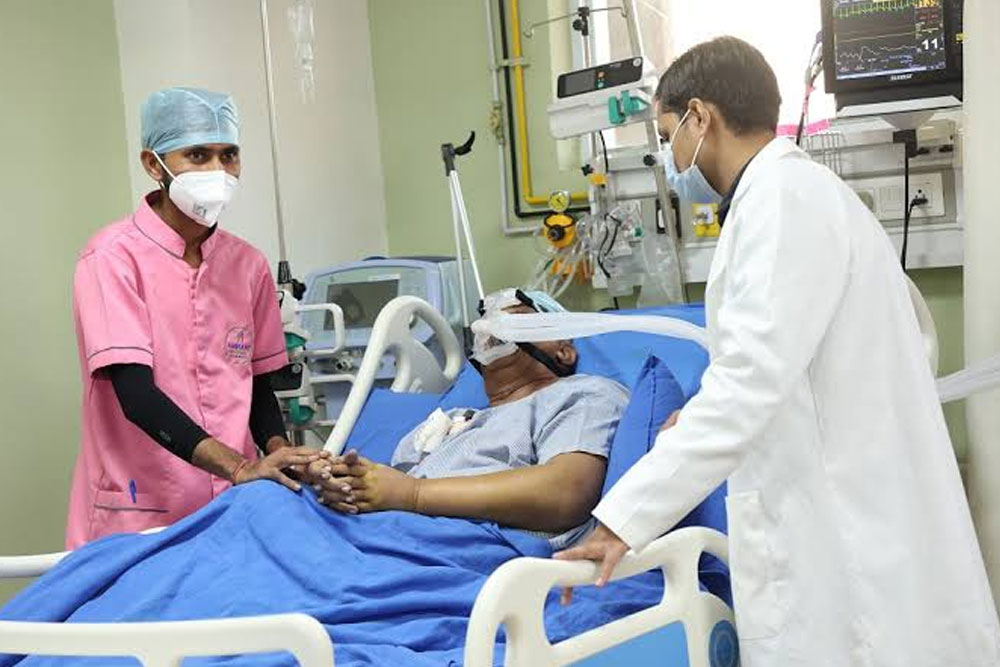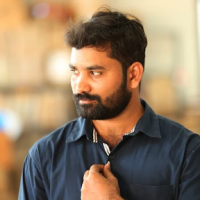The Role of Medical Instrumentation in Today’s Diagnostic and Therapeutic Fields

In the age of precision medicine, the fusion of healthcare and technology has become more critical than ever. From MRI scans to ventilators, the tools used to diagnose and treat patients have grown increasingly sophisticated. Behind these tools lies a specialized field—Medical Instrumentation—which plays an indispensable role in enhancing the accuracy and effectiveness of modern healthcare.
With this growing demand for technical expertise in healthcare systems, institutions like George College are stepping up by offering robust Medical Instrumentation Training in Kolkata, shaping the next generation of professionals ready to bridge the gap between engineering and medicine.
Understanding Medical Instrumentation
Medical instrumentation refers to the design, development, and application of devices used to measure, monitor, diagnose, and treat medical conditions. These include:
- Diagnostic devices (ECG, EEG, MRI, X-rays)
- Therapeutic equipment (infusion pumps, pacemakers, dialysis machines)
- Monitoring systems (blood pressure monitors, pulse oximeters)
- Surgical tools integrated with robotics or imaging systems
These instruments are essential in detecting abnormalities, delivering treatments with precision, and maintaining real-time patient monitoring during critical procedures.
Diagnostic Applications of Medical Instrumentation
1. Accurate Disease Detection
Modern diagnostic equipment helps identify diseases at an early stage, often before symptoms appear. Devices like CT scanners, mammography units, and digital pathology tools rely on advanced instrumentation to produce high-resolution images and data, allowing healthcare professionals to make quicker and more informed decisions.
2. Non-Invasive Testing
Medical instrumentation has dramatically reduced the need for invasive procedures. For example, ultrasound technology offers real-time imaging for prenatal care, abdominal scans, and cardiac assessments, without the need for surgical exploration.
3. Real-Time Data Monitoring
In critical care settings, continuous monitoring of vital signs like heart rate, respiratory rate, and oxygen saturation is made possible through medical instruments. These devices are often linked to alert systems, ensuring immediate intervention when necessary.
Therapeutic Applications of Medical Instrumentation
1. Enhanced Surgical Precision
Advanced tools like robotic surgical systems and computer-assisted navigation have revolutionized the operating room. These instruments offer surgeons enhanced precision, flexibility, and control—leading to better outcomes and shorter recovery times for patients.
2. Life-Saving Interventions
Devices like pacemakers, defibrillators, and ventilators are essential in sustaining life during cardiac or respiratory failure. These tools are not only technologically complex but also require skilled professionals for operation and maintenance.
3. Targeted Drug Delivery
Infusion pumps and programmable drug delivery systems ensure that patients receive accurate doses of medication at the right time. This minimizes side effects and maximizes therapeutic benefits.
The Growing Demand for Skilled Professionals
As healthcare continues to evolve, there is a rising demand for trained professionals who understand both the engineering and clinical aspects of medical instrumentation. These individuals play critical roles in:
- Equipment installation and calibration
- Troubleshooting and maintenance
- Operating medical devices during procedures
- Training healthcare staff on equipment usage
- Assisting in the development of new technologies
Why Pursue Medical Instrumentation Training in Kolkata?
Kolkata is emerging as a center for healthcare and technical education in Eastern India. With an increasing number of hospitals, diagnostic centers, and research institutions, the city offers ample opportunities for hands-on learning and professional growth.
Among the institutes offering specialized education in this field, George College stands out for its industry-oriented curriculum, experienced faculty, and state-of-the-art labs. Whether you're a recent high school graduate or a professional seeking to upskill, enrolling in Medical Instrumentation Training in Kolkata at George College can open doors to a rewarding career.
George College: Shaping the Future of Healthcare Technology
At George College, the Medical Instrumentation Training program is carefully designed to meet current industry standards. Here’s what makes their training exceptional:
1. Comprehensive Curriculum
Students receive in-depth theoretical knowledge combined with practical exposure to medical devices and their real-world applications. Topics include:
- Biomedical sensors and transducers
- Medical imaging systems
- Signal processing
- Clinical engineering
- Regulatory standards in healthcare
2. Hands-On Training
George College boasts modern labs equipped with diagnostic and therapeutic equipment commonly used in hospitals. Students get hands-on experience in operating and troubleshooting devices under expert supervision.
3. Industry Collaborations
Through partnerships with hospitals, diagnostic centers, and medical equipment manufacturers, the college offers internship programs and industrial visits. This ensures students are industry-ready upon graduation.
4. Career Support
The institution provides strong placement assistance, guiding students toward roles in hospitals, R&D departments, equipment manufacturing firms, and government health services. Alumni have gone on to secure positions as biomedical engineers, field service engineers, application specialists, and more.
Career Prospects After Medical Instrumentation Training
Graduates of this program have a wide array of career options across healthcare, research, and technology sectors. Some roles include:
- Biomedical Engineer – Designing and maintaining medical devices
- Clinical Technician – Assisting in patient diagnostics and equipment operation
- Field Service Engineer – Managing installation and maintenance of medical systems
- Application Specialist – Training hospital staff and supporting product use
- Regulatory Affairs Analyst – Ensuring compliance with healthcare standards
With continuous advancements in healthcare technology, the demand for trained professionals will only continue to rise.
Final Thoughts
Medical instrumentation has transformed the landscape of modern healthcare by making diagnostics more accurate and therapies more effective. As these technologies become increasingly embedded in medical practice, the need for skilled professionals who can operate, manage, and innovate within this domain has never been greater.
If you're passionate about science, technology, and healthcare, a career in medical instrumentation might be your calling. And if you're looking to build that career from a city rich in opportunities and heritage, Medical Instrumentation Training in Kolkata at George College could be your first and best step forward.
Note: IndiBlogHub features both user-submitted and editorial content. We do not verify third-party contributions. Read our Disclaimer and Privacy Policyfor details.







